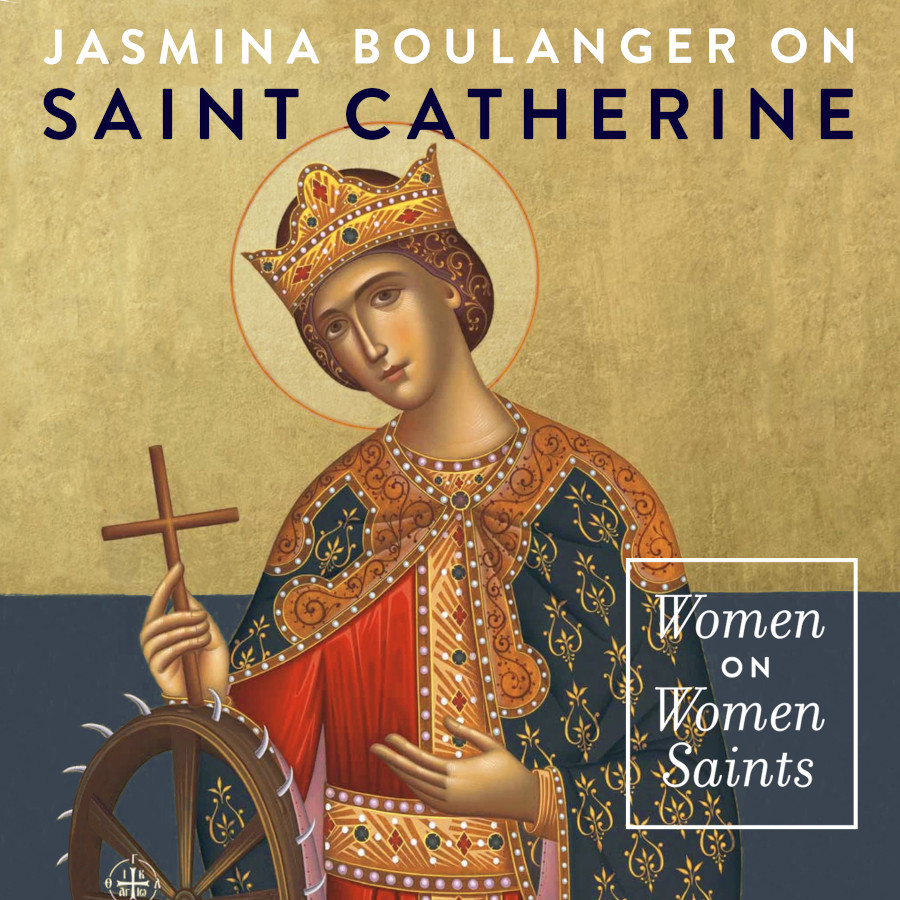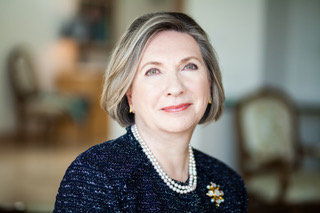
For years I’ve thought that Catherine of Alexandria was an intriguing figure. Perhaps it was the painting I once saw of her in beautiful medieval garb next to the terrifying spiked wheel. More recently, I began to think about what her life might tell me about making choices.
Catherine is a Great Martyr in the Orthodox Church and a Saint in the west. Her feast day is November 25/December 7. Legends and hagiographies are plentiful. On the other hand, various sources, such as the Encyclopedia Britannica, question her historicity while others claim that her persona is a composite of different women. Even so, the centuries of persistent belief in her, tell me there is something to consider and learn from.
Our faith tradition places Catherine between circa 287-305 A.D. That means she was born soon after the Gospels were written and the oral histories of the life of Christ were still fresh. And her death, at the young age of 18, came a mere 20 years before the first Council of Nicaea.
She was said to be the very beautiful and intellectual daughter of the governor of Alexandria. These bits of information tell me that she was the child of a rich and powerful family and did not suffer from hunger or other privations. Alexandria was a key entrepot of trade between Egypt, east Africa, and the Mediterranean world. It was also the location of libraries and schools of learning and one of the most sophisticated cities of that time. Thus, it is likely that Catherine was exposed to a wide cross-section of people and ideas. Her father’s court must have been humming with political discussion, business dealings, and the general gossip of a center of governance and commerce. For a girl in her position, there likely were tutors to teach her rhetoric and philosophy as well as suitors who might further enhance the family’s position. She was a high-ranking member of society. In a manner of speaking, “She had it all.”
During my career, I have often heard about the desire of women to “have it all” – career, family, life-balance, money, independence, corner-office, etc., etc. Catherine had it all for an individual of her era, but she let it go. We are told that on the verge of womanhood, at age 14, she converted to Christianity. She was executed four years later.
Catherine’s decision to adopt the completely new way of thinking and the belief system that was Christianity must have shaken her family. They were probably no different that many people of their time in having the myriad superstitions and prejudices of paganism, and they likely feared changing their belief systems. But Catherine’s conversion was not a secret. According to her hagiographies, she debated 50 of the leading pagan philosophers in Alexandria and bested their arguments. She stood publicly against the accepted norms of her society at a time when the Roman Empires was still scapegoating Christians for its own failures. Her new religious beliefs may also have endangered the political and economic standing of her family.
Although the inspiring years of Catherine’s life – the time of her embrace and defense of Christianity – were between ages 14 and 18, I do not think she was merely a rebellious teen-ager. Before 1990, it is safe to say that most teens were more mature than today’s teens. This may have been a result of the much shorter lifespans before clean water, abundance of food, and antibiotics. It was a time of more work than leisure.
Catherine is known for her intellect. I do not think she chose her Christian faith because it was some new fashion; rather, I submit that she listened to the witness of its adherents and thought they made sense. I would also assert that she was able to think through the consequences of her choices and actions – of going against family wishes, against the traditions and mores of her society. Nonetheless, despite debates and gruesome physical tortures, she kept and wanted to share her new faith. She preferred to die with Christ rather than live without Him.
While she had it “all,” Catherine chose the true “All” that is Christ, that is God.
Jasmina T. Boulanger is Chairman of Board of the International Orthodox Christian Charities.



